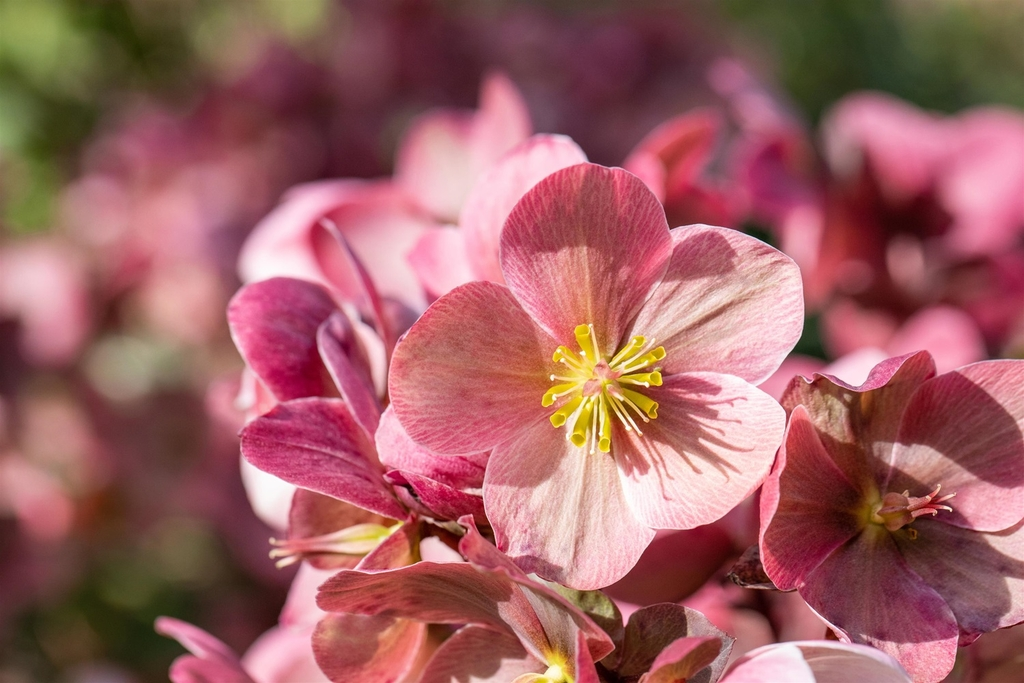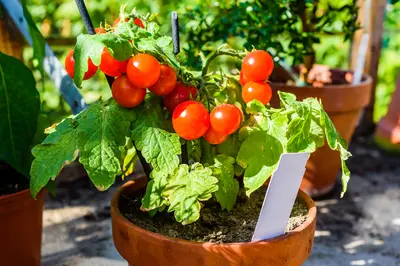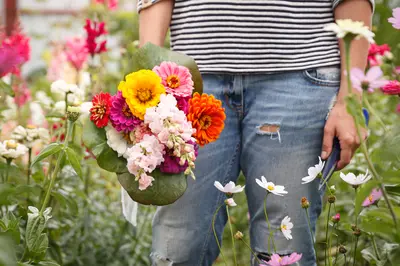
15 Gardening tips for February
15 Gardening tips for February
Welcome to the February edition of our gardening guide! As winter's grip begins to loosen, our gardens awaken with the promise of a new growing season. In this month's tips, we'll guide you through essential tasks to prepare your garden for the upcoming spring. From pruning and planting to nurturing the soil, each tip is crafted to help your garden thrive. Join us on this journey of February gardening, where every task brings you closer to a vibrant and flourishing outdoor sanctuary. Let's dive in and unlock the beauty that February has in store for your green spaces!

- Prepare for Spring Planting: Start planning and organizing your garden for the upcoming spring. Order seeds, bulbs, and plants to ensure you have everything you need.
- Soil Testing: Test the soil in your garden to determine its pH level and nutrient content. This will help you make informed decisions about fertilizers and soil amendments.
- Prune Fruit Trees: February is an ideal time to prune fruit trees before new growth begins. Remove dead or diseased branches and shape the tree for better air circulation.
- Start Seedlings Indoors: Begin sowing seeds indoors for plants that require an early start, such as tomatoes, peppers, and certain flowers. Use seed trays and a good quality seed compost.
- Protect Against Frost: Keep an eye on weather forecasts and be prepared to protect tender plants from late frosts. Use horticultural fleece or cloches to cover vulnerable plants overnight.
- Mulching: Apply a layer of mulch to your flower beds to suppress weeds and retain soil moisture. This will also help regulate soil temperature as temperatures fluctuate in February.
- Pruning Shrubs: Prune late-flowering shrubs such as hydrangeas and buddleia. Remove dead or weak stems and shape the plant to encourage healthy growth.
- Divide Perennials: Divide and transplant overcrowded perennials to rejuvenate them. This promotes better growth and flowering in the coming seasons.
- Clean and Sharpen Tools: Take some time to clean and sharpen your gardening tools. Well-maintained tools make gardening tasks more efficient and help prevent the spread of diseases.
- Plan Companion Planting: Plan your garden layout with companion planting in mind. Certain plants benefit each other when grown together, such as basil and tomatoes or marigolds and beans.
- Start Composting: Begin or continue composting kitchen scraps and garden waste. Use compost to enrich the soil with nutrients and improve its structure.
- Inspect Garden Structures: Check trellises, stakes, and other garden structures for damage. Repair or replace as needed to provide support for climbing plants and maintain the overall aesthetics of the garden.
- Bird Feeding: Continue to provide food and water for birds in your garden. Consider installing bird feeders and bird baths to attract a variety of feathered visitors.
- Inspect for Pests: Keep an eye out for early signs of pests and take appropriate measures to control them. This includes checking the undersides of leaves for eggs and larvae.
- Educate Yourself: Take advantage of the quieter gardening period to educate yourself on new gardening techniques, plant varieties, or sustainable gardening practices. Attend workshops or read gardening books to enhance your knowledge.
By following these tips, you'll be well on your way to a flourishing garden in February. Happy gardening!
You don’t need a big space to grow vegetables, just a few pots in a sunny spot! Read our top tips on these five easy vegetables to grow in containers.
MoreA bouquet of your own home-grown flowers makes a beautiful gift with a personal touch, and many cut flowers are easy to grow from seed. Read more about how to grow your own flower bouquets.
More









